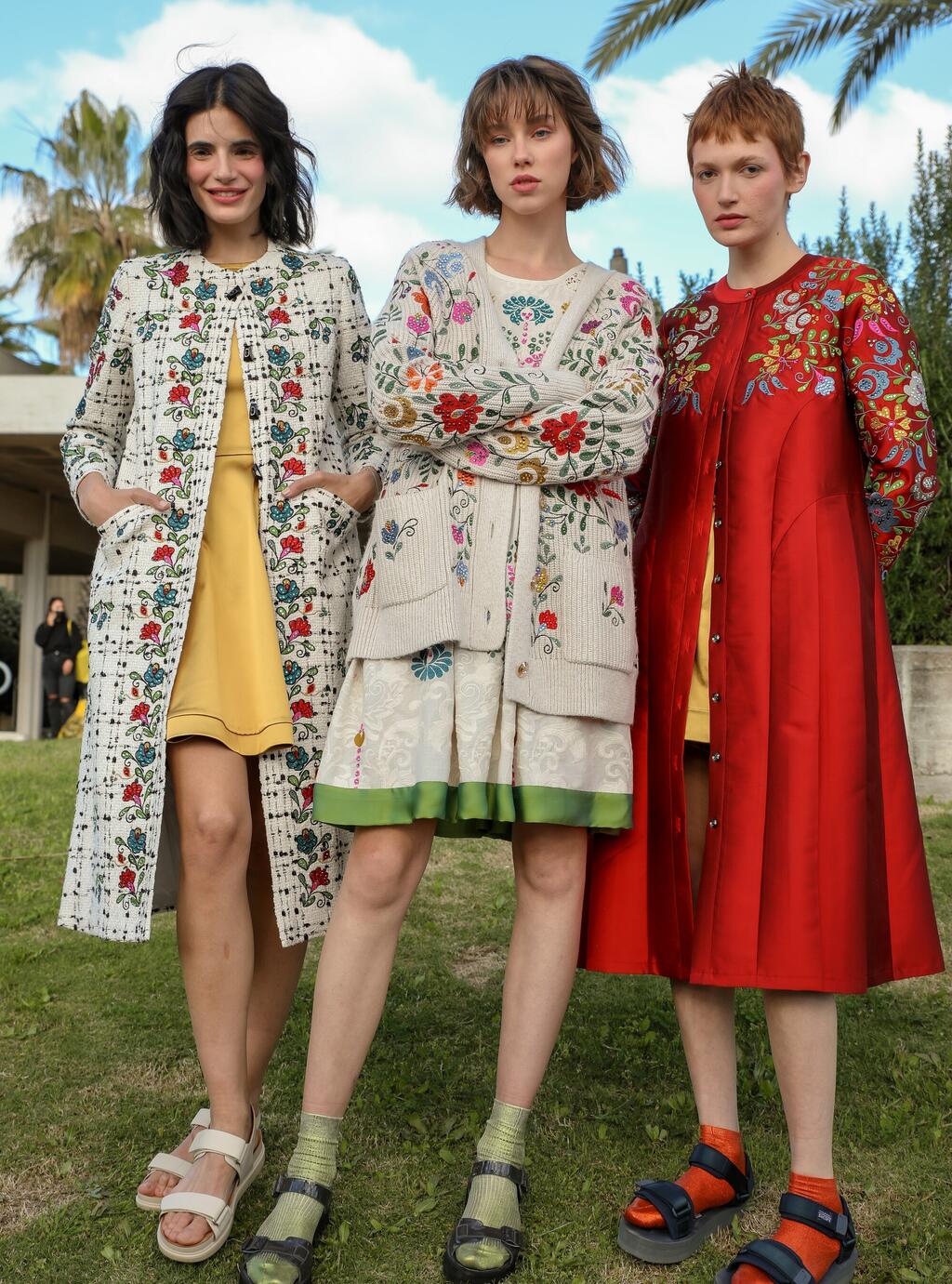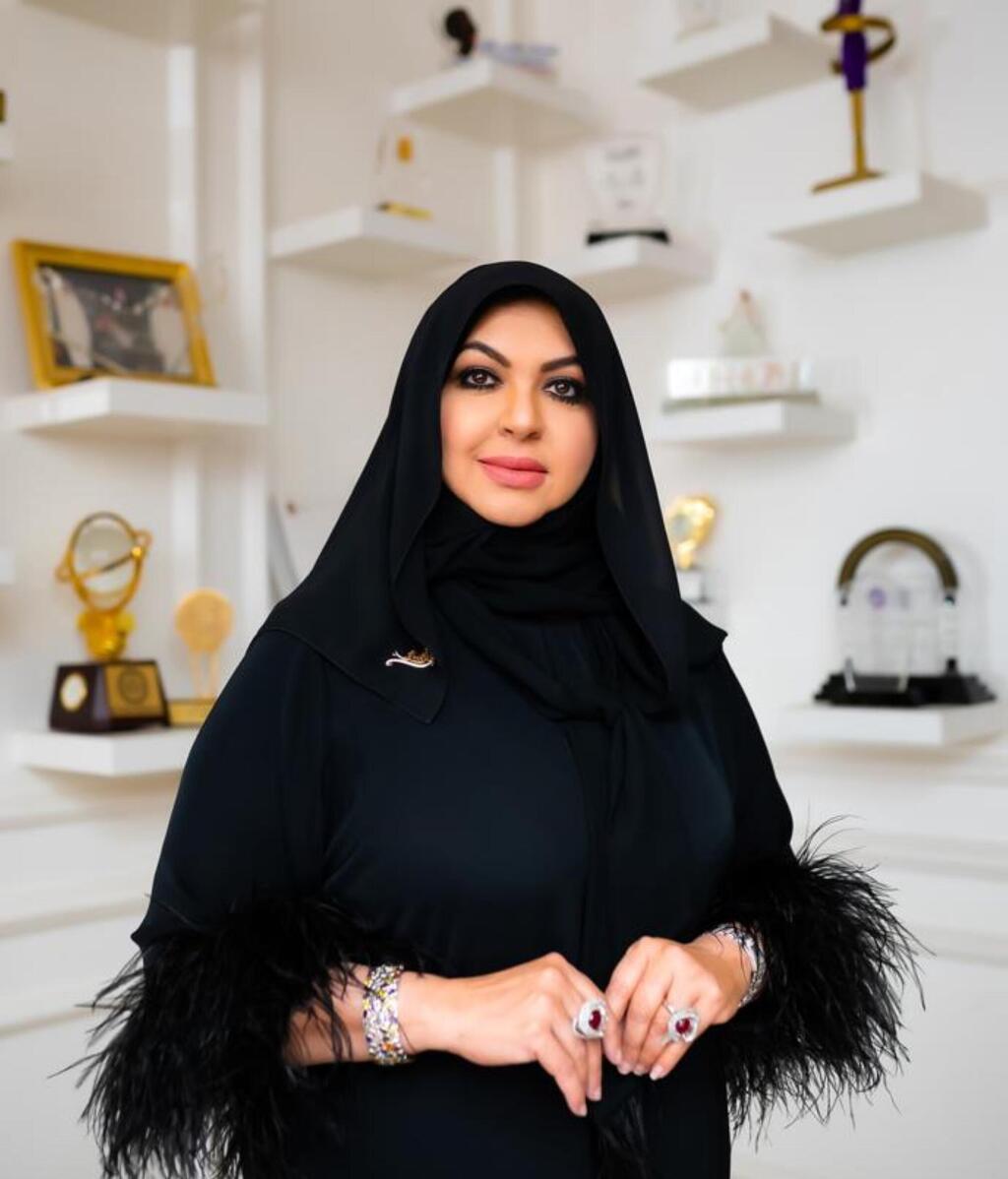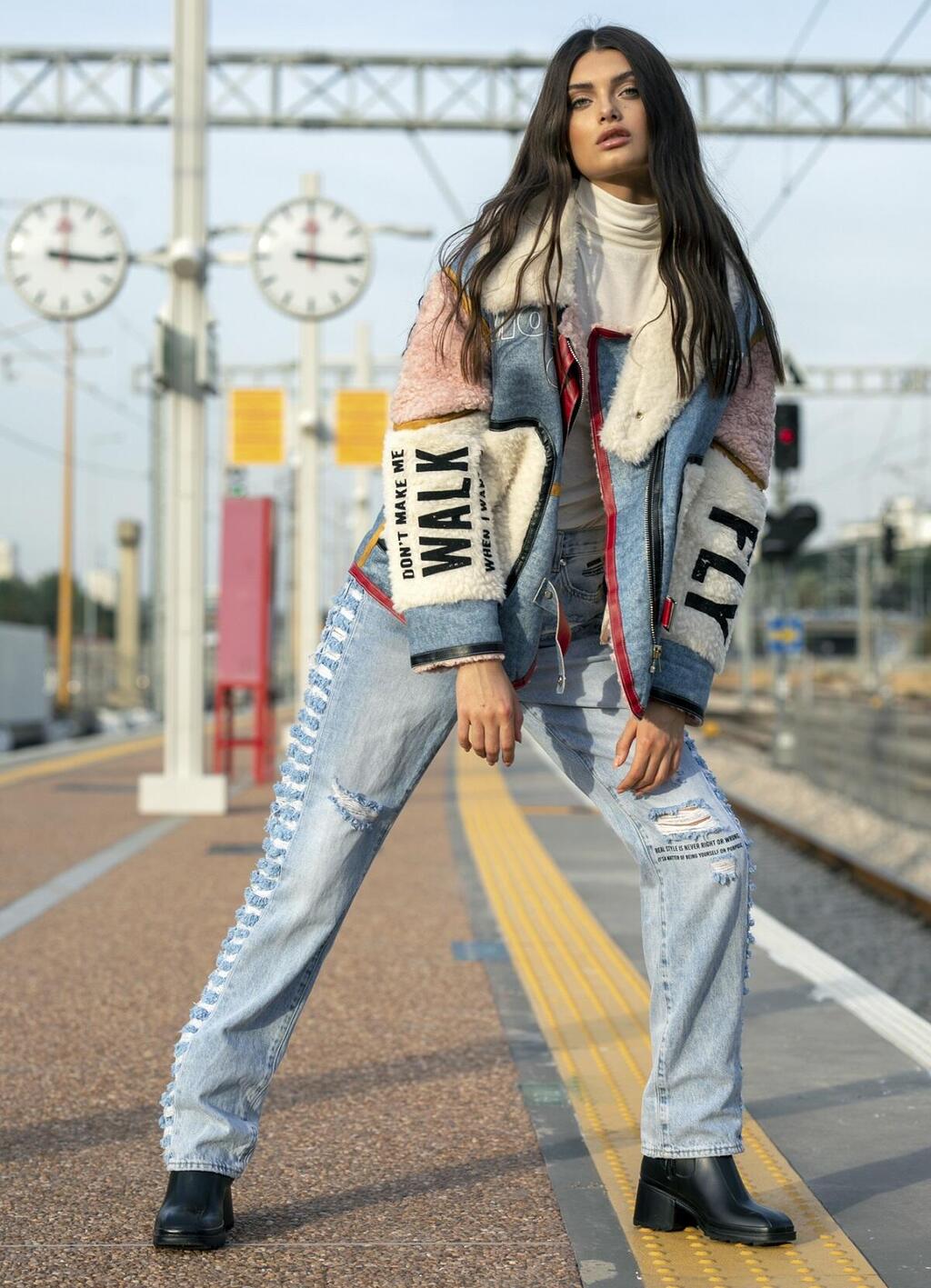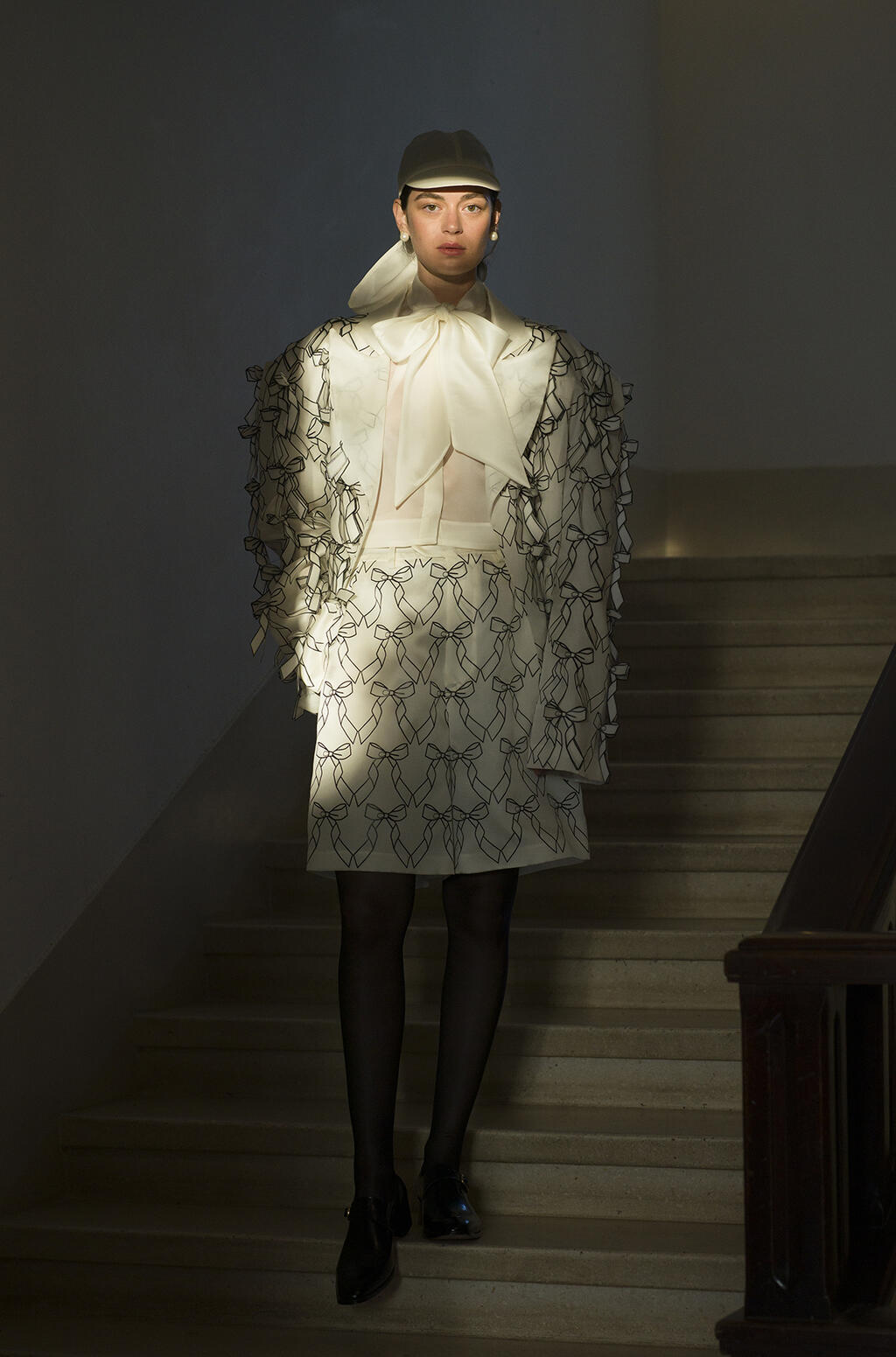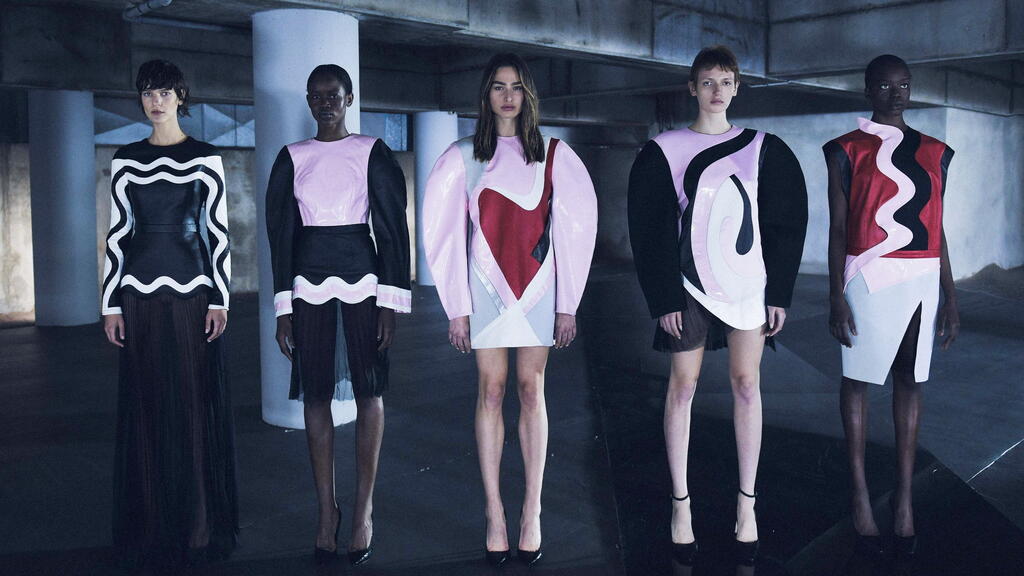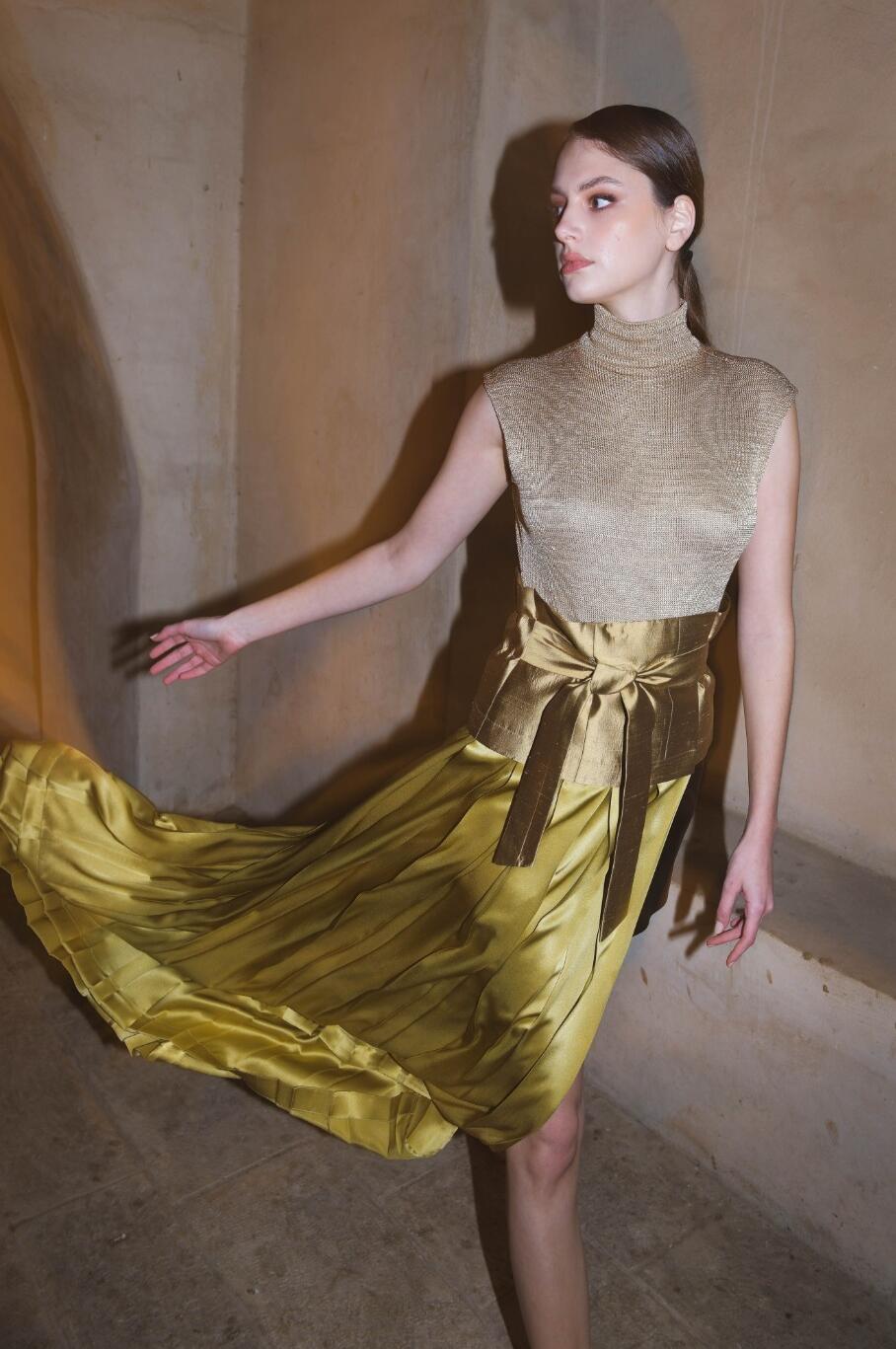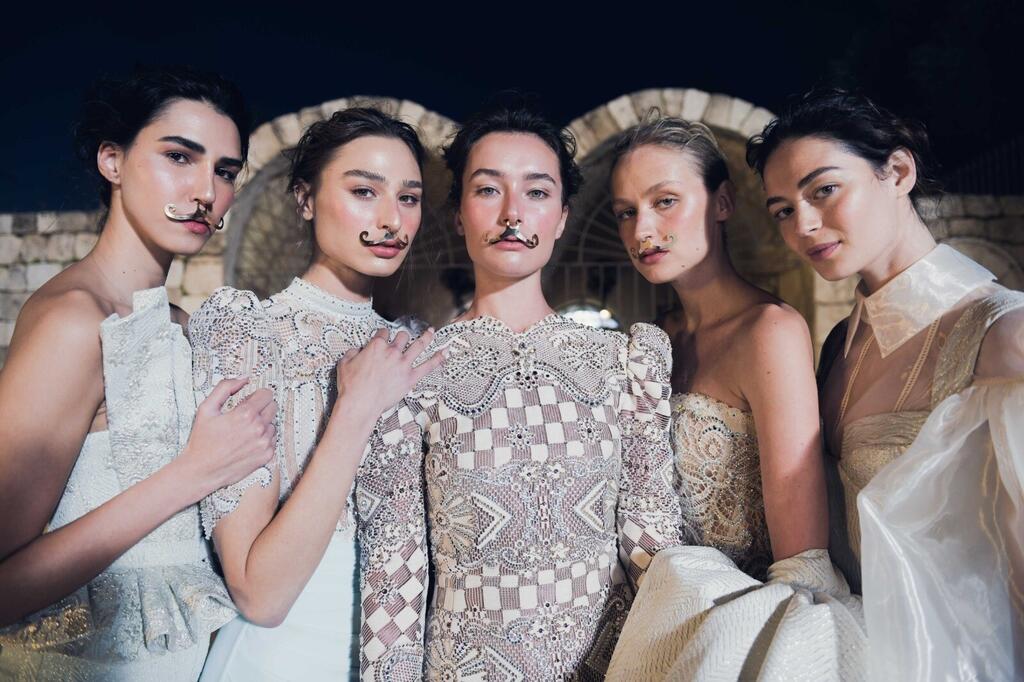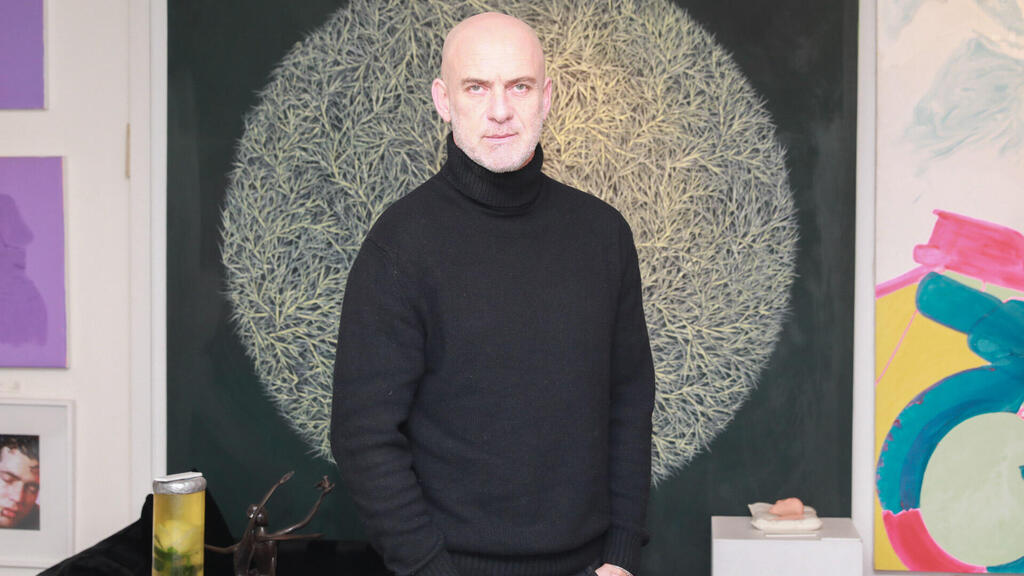After last year's annual Tel Aviv fashion week was pre-recorded due to pandemic restrictions, the event returns Sunday to its usual formula of live runway shows.
Events scheduled to run from April 3-6 and will be open to the public, with tickets ranging between 100-350 NIS.
The opening night will kick off the event with an exhibition to honor the Abraham Accords with the United Arab Emirates. Dr. Monah El Mansouri an Emirati designer, will present 30 looks she dedicated to peace.
"I want to be an inspiration and starting point for all people from all nations to take similar steps not only in fashion, but in all fields."
Motty Reif, who founded the Tel Aviv Fashion Week, told Ynet that cooperation between designers were meant especially to encourage local agriculture, a hot topic in Israel at the moment. Many items of clothing are inspired by fruits and vegetables.
In looking at this year's catalogue, fashion experts can see that many of the known fashion names are missing this year.
It seems that the organizers hoped to emphasize young Israeli designers, while leaving behind the previous generations of famous local fashion icons.
Young and promising talent and up-and-coming designers will be featured in the shows, some appearing for the first time.
Among the new brand names are Seven Seventy, House of Jaffa, Upcoming Designers, and Icialabas.
Still, some of the well-known names in the Israeli fashion scene will also participate, including Shai Shalom, Segal Dekel, Keshet Shapiro and Alon Livne who joined forces with Kornit Digital, a digital printing company.
"We're proud to continue creating new fashion using groundbreaking and sustainable technology, while influencing the economy, the society, and the environment," said CEO of Kornit Digial Ronen Samuel.
This is the 11th year the Tel Aviv fashion show is taking place.
In contrast to other well-known international fashion shows facing not only their local markets, Tel Aviv's event emphasized local designers.
"This year journalists and fashion critiques are expected to arrive from all over the world," Reif said, referring to journalists from the U.S., England, France, Bahrain, and more.
"We decided that the emphasis will be on the ability of the designers to sell online. That is the future, that's where we're headed," he said.


